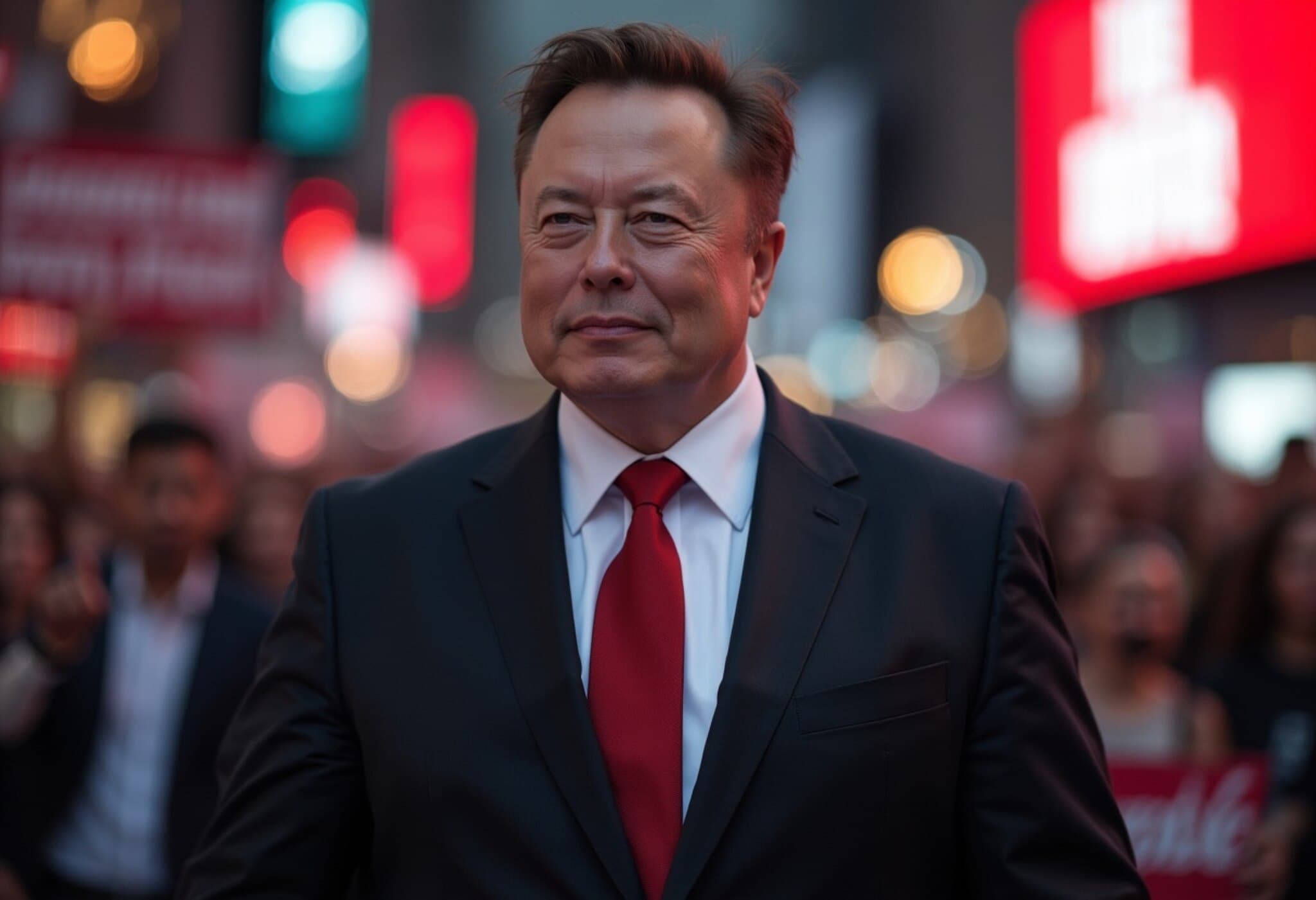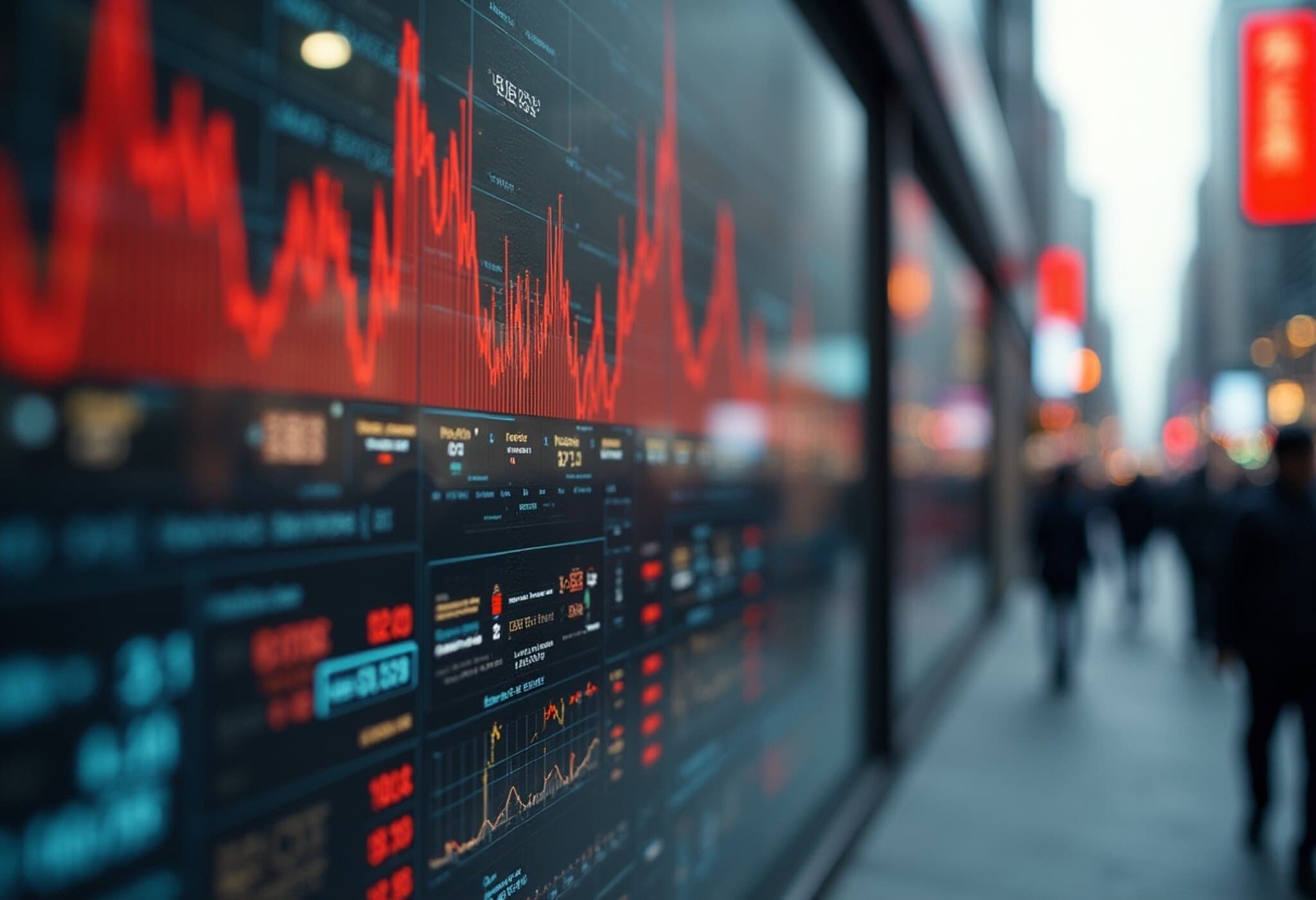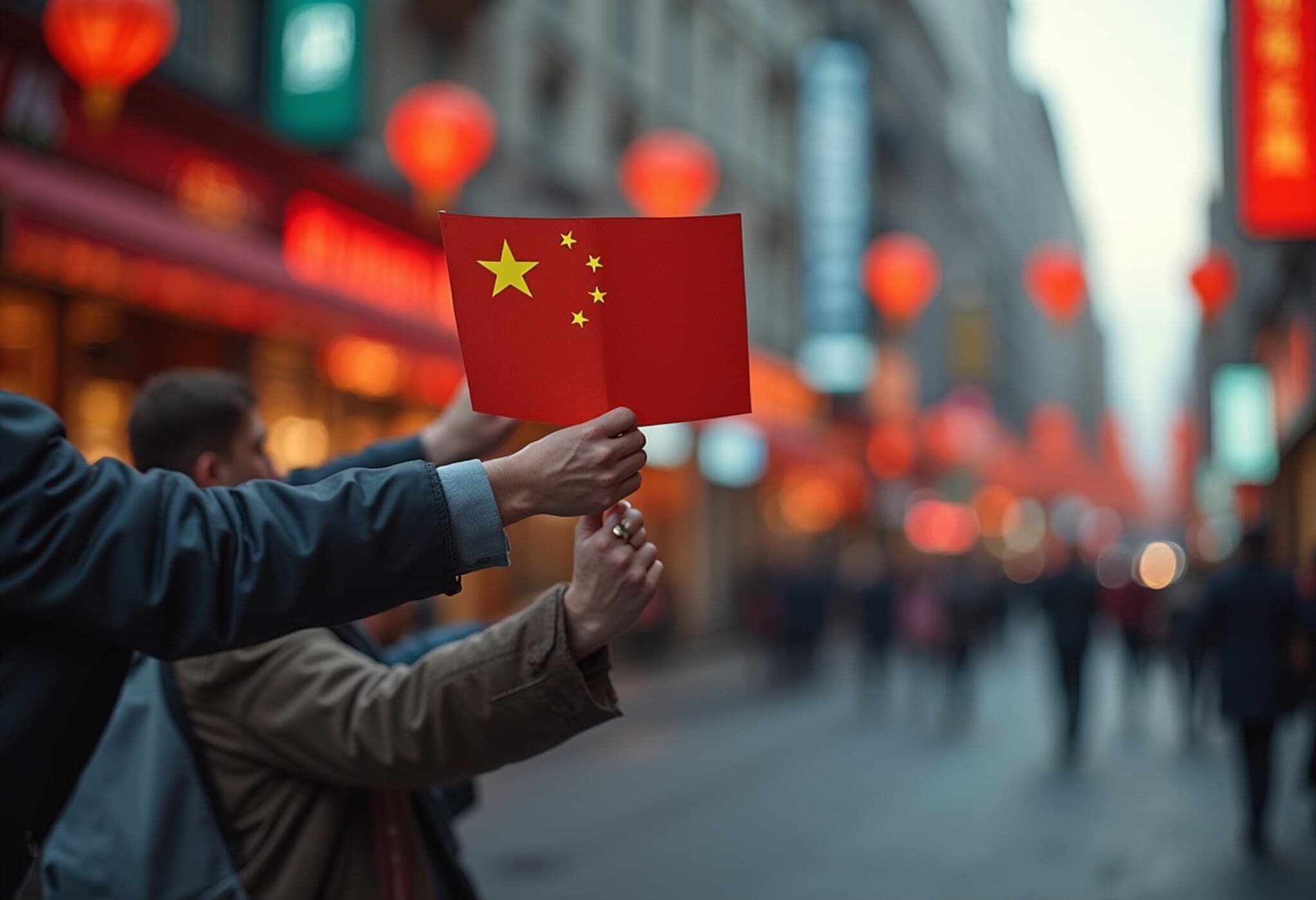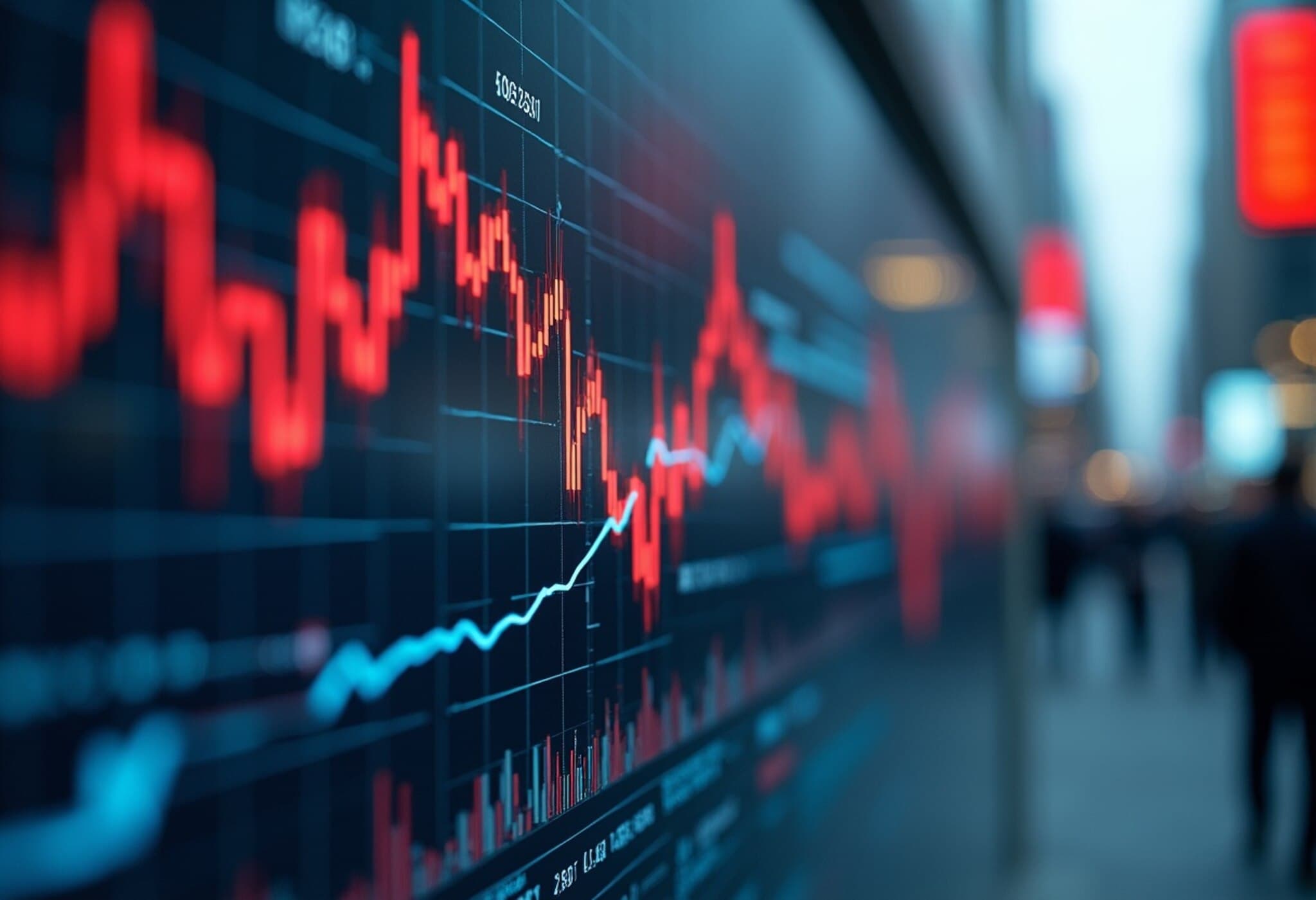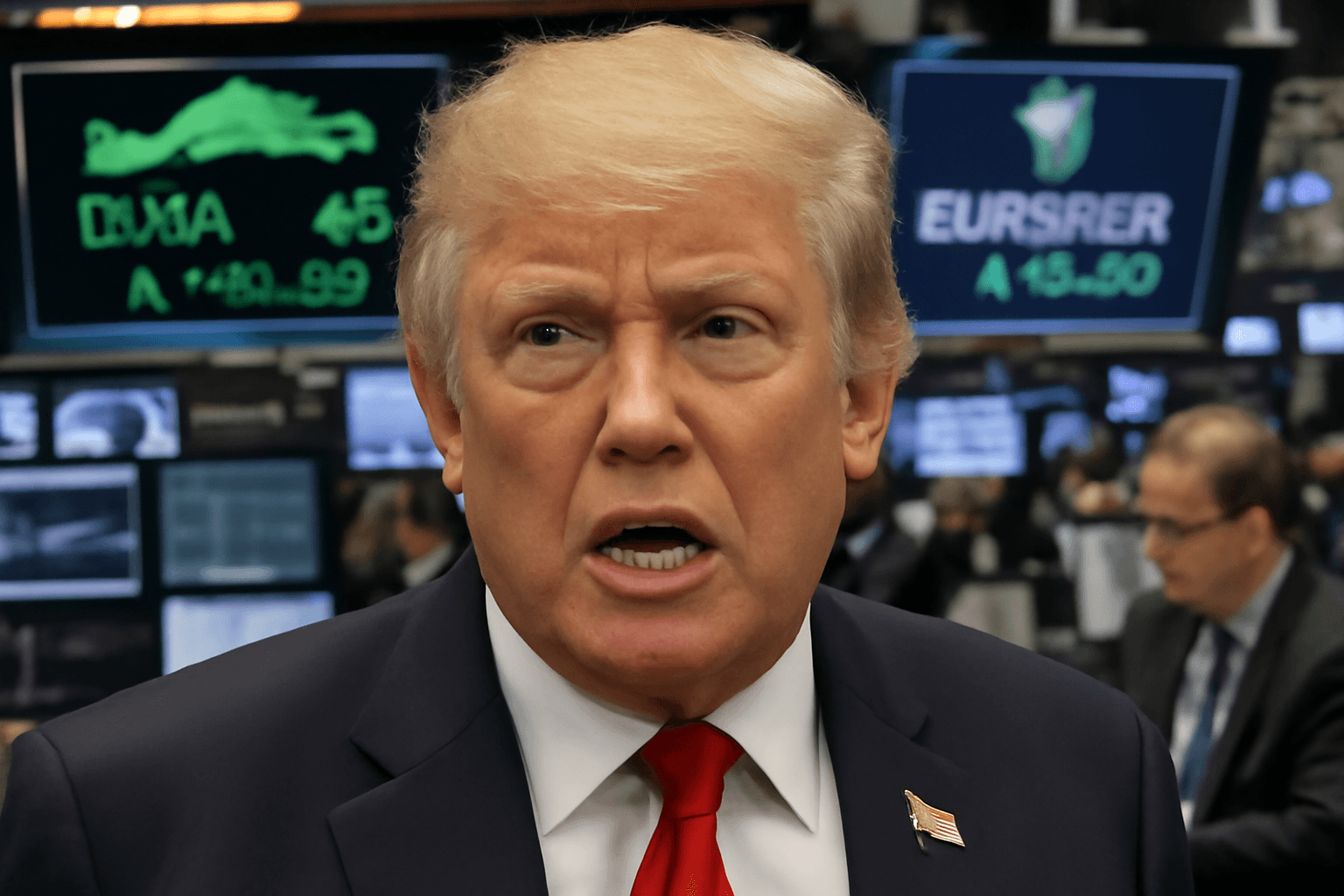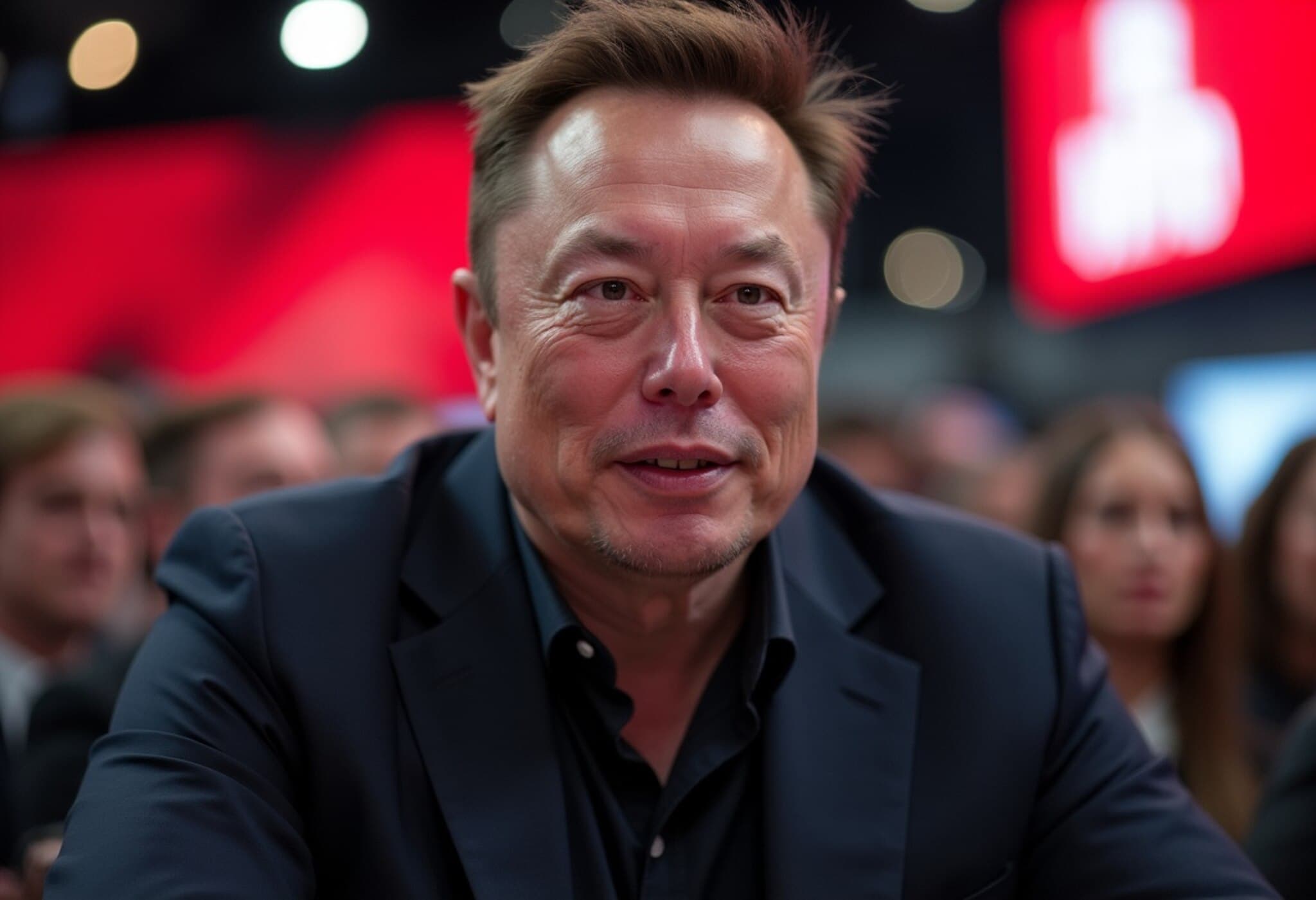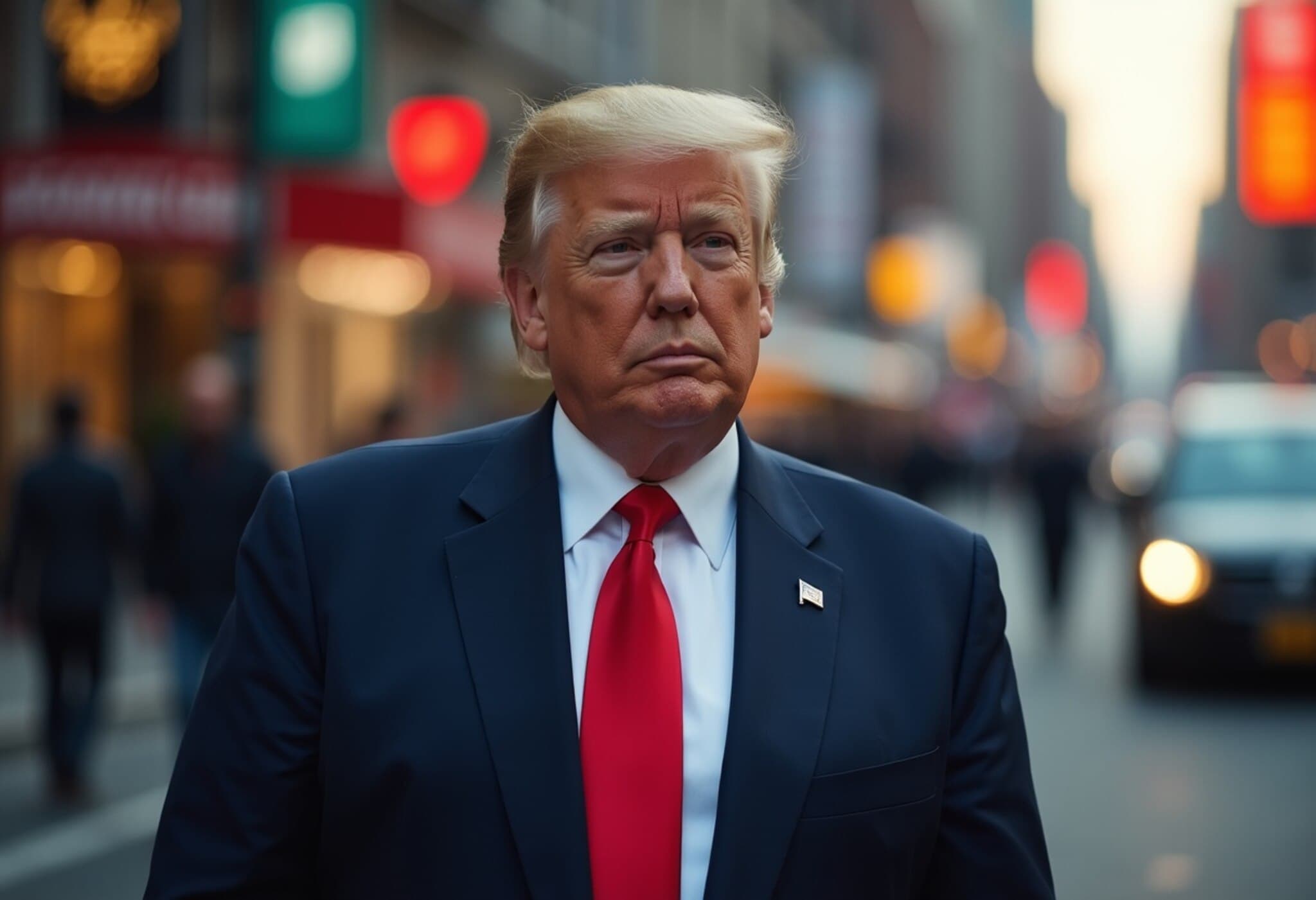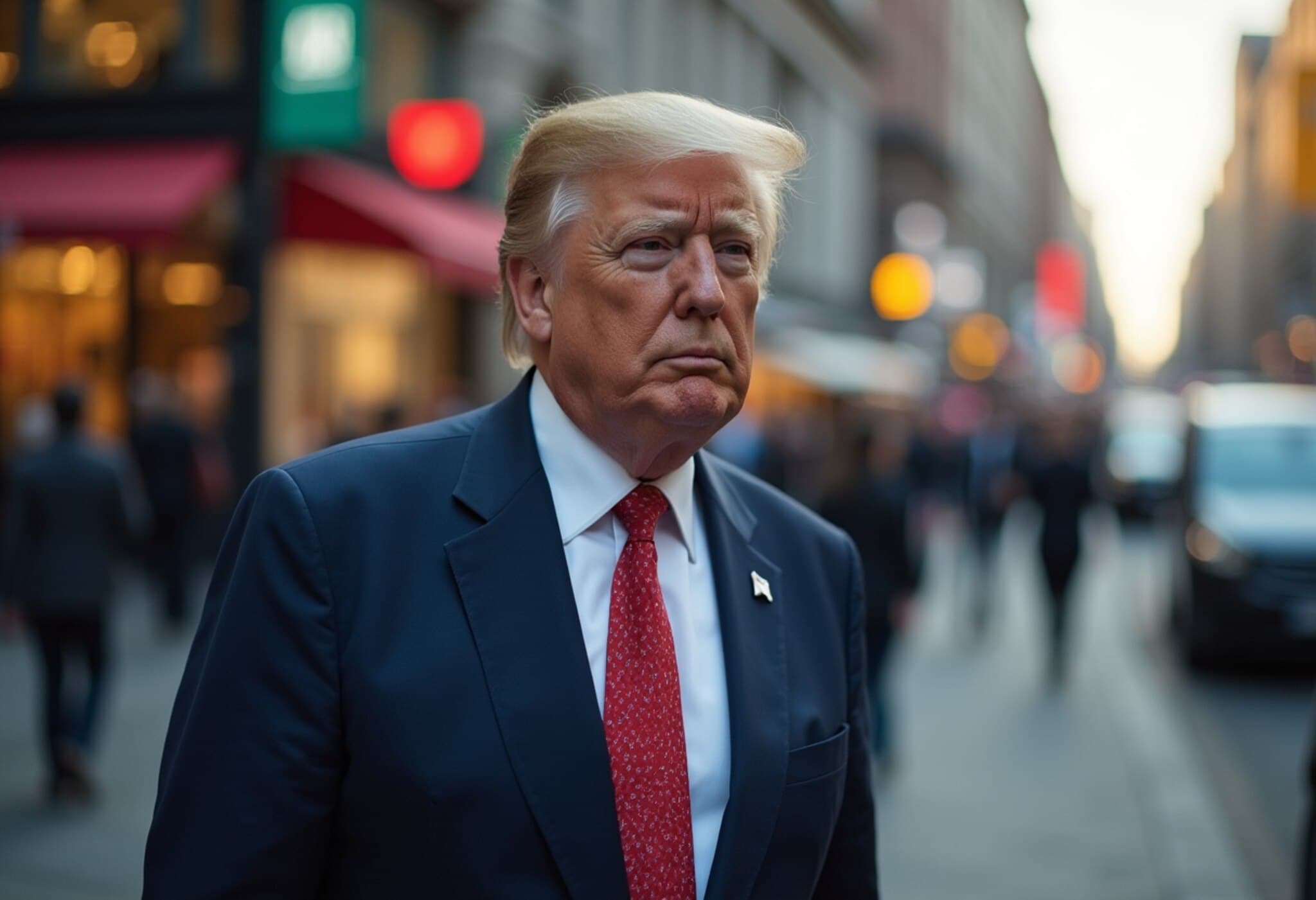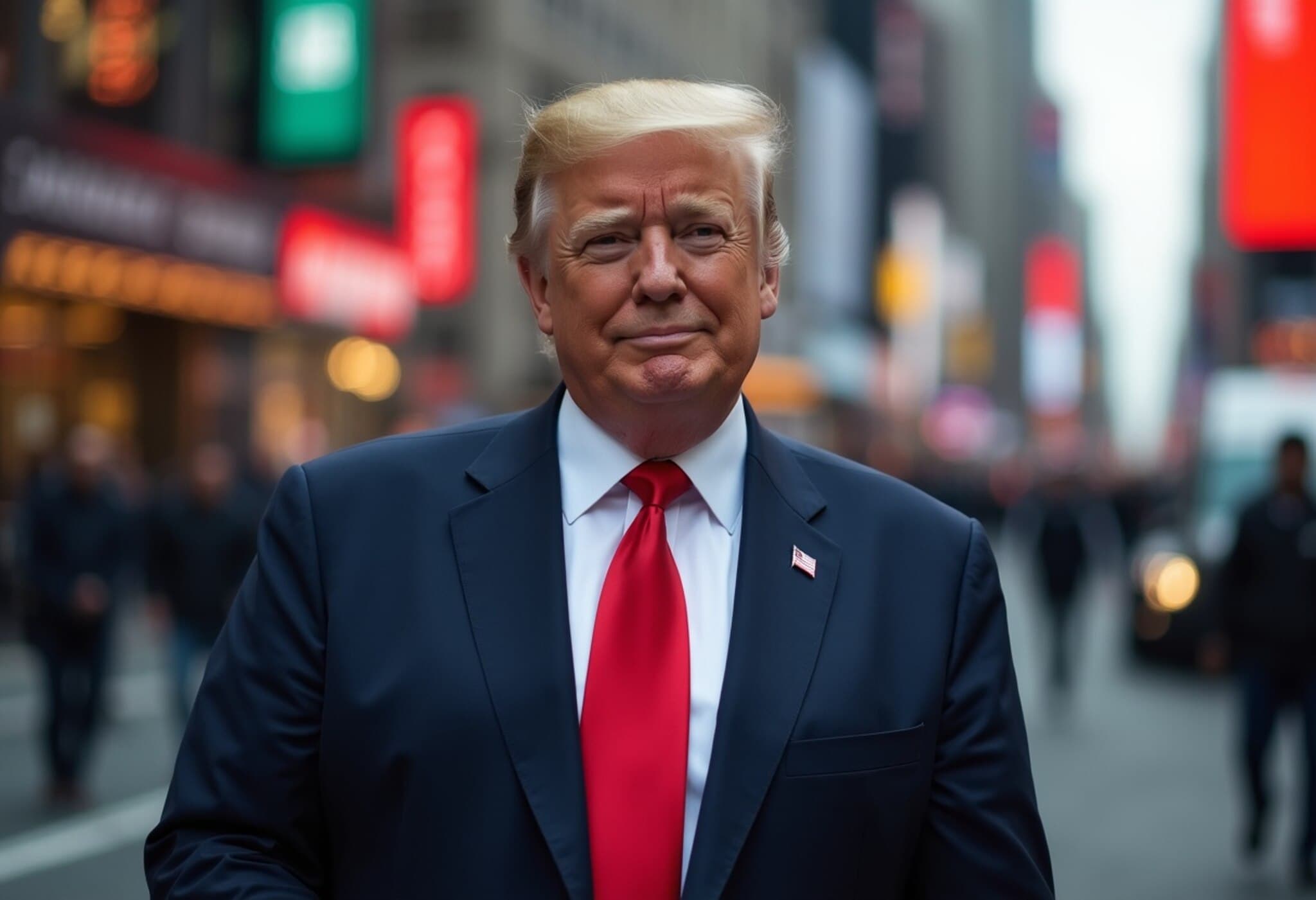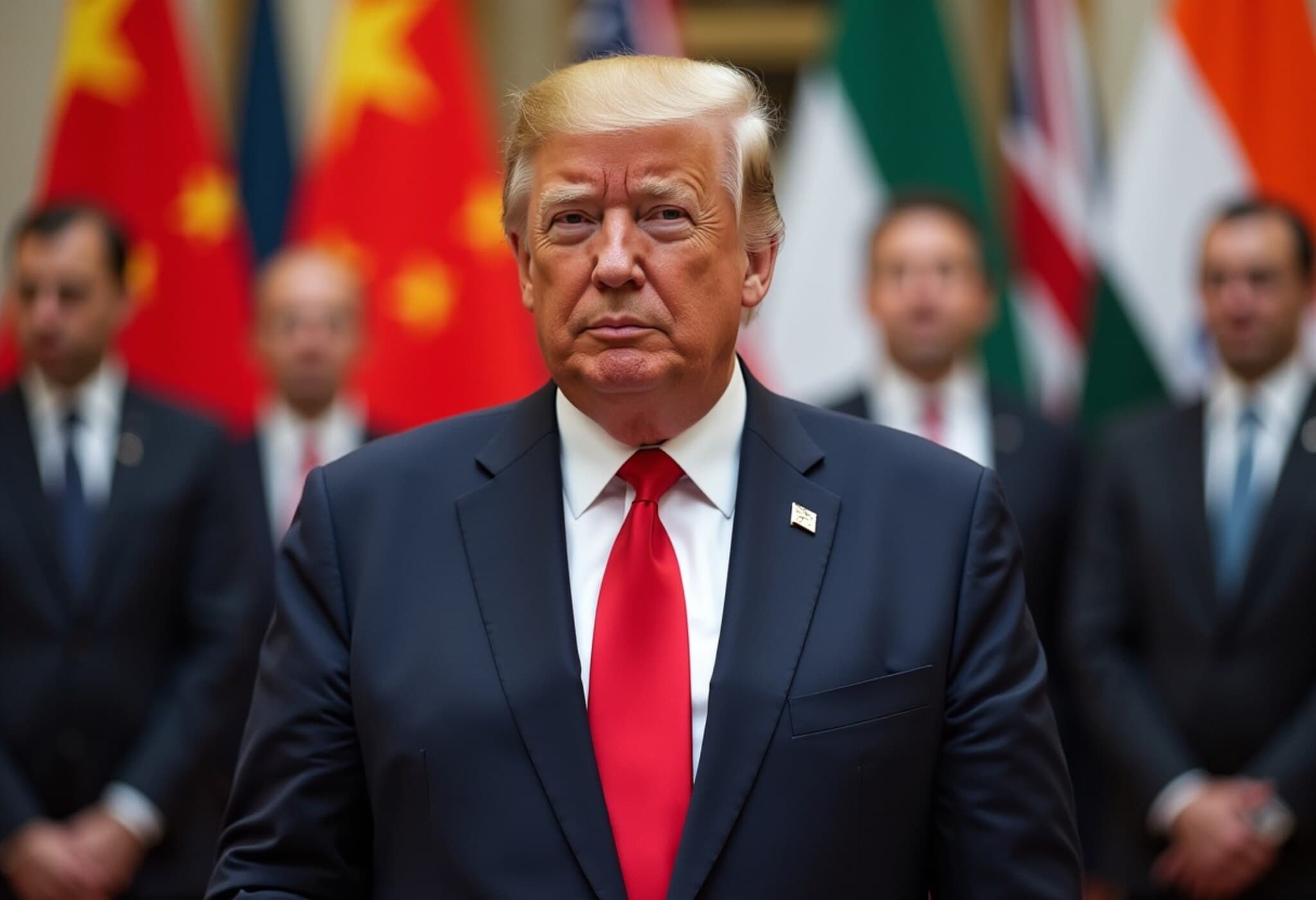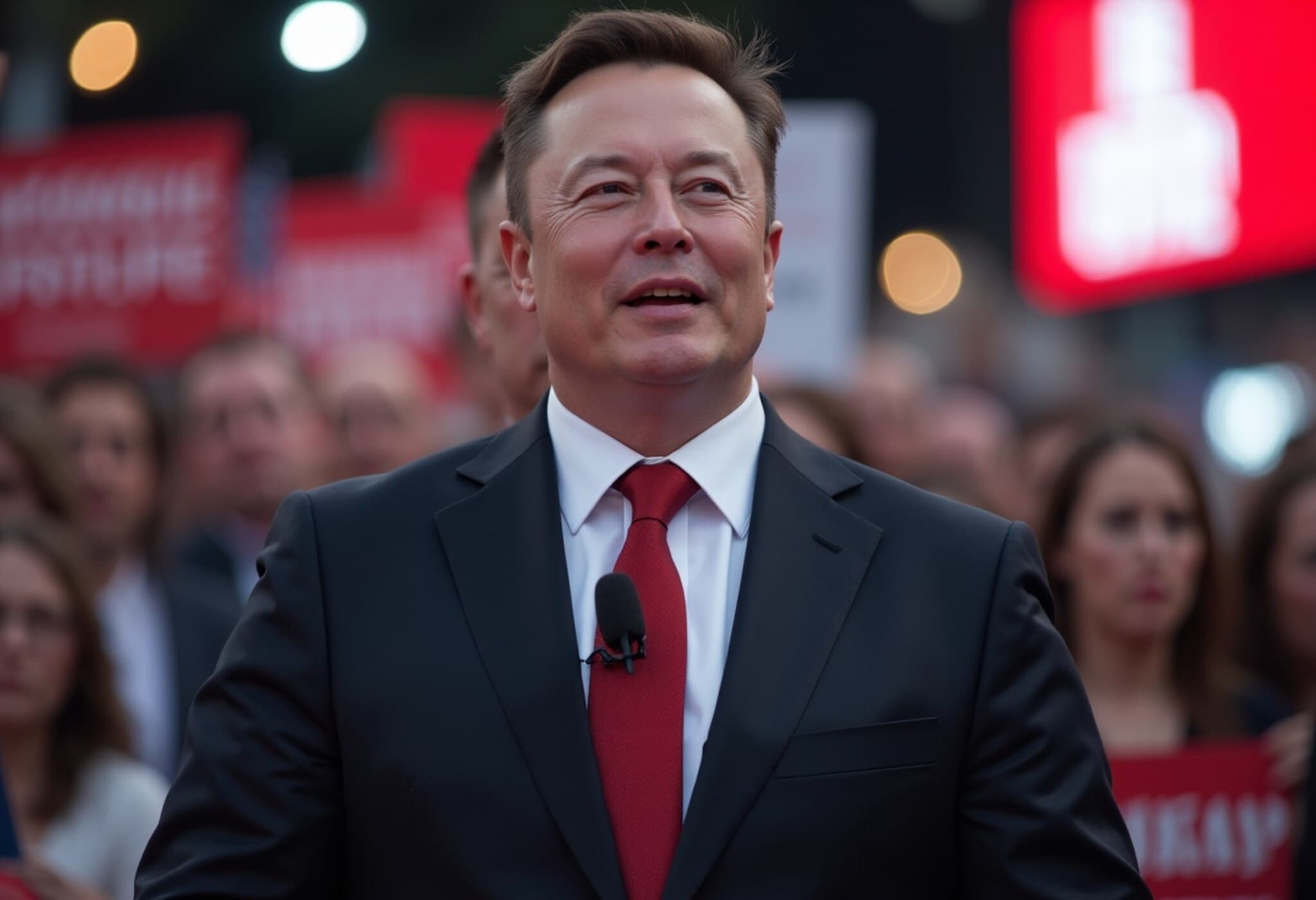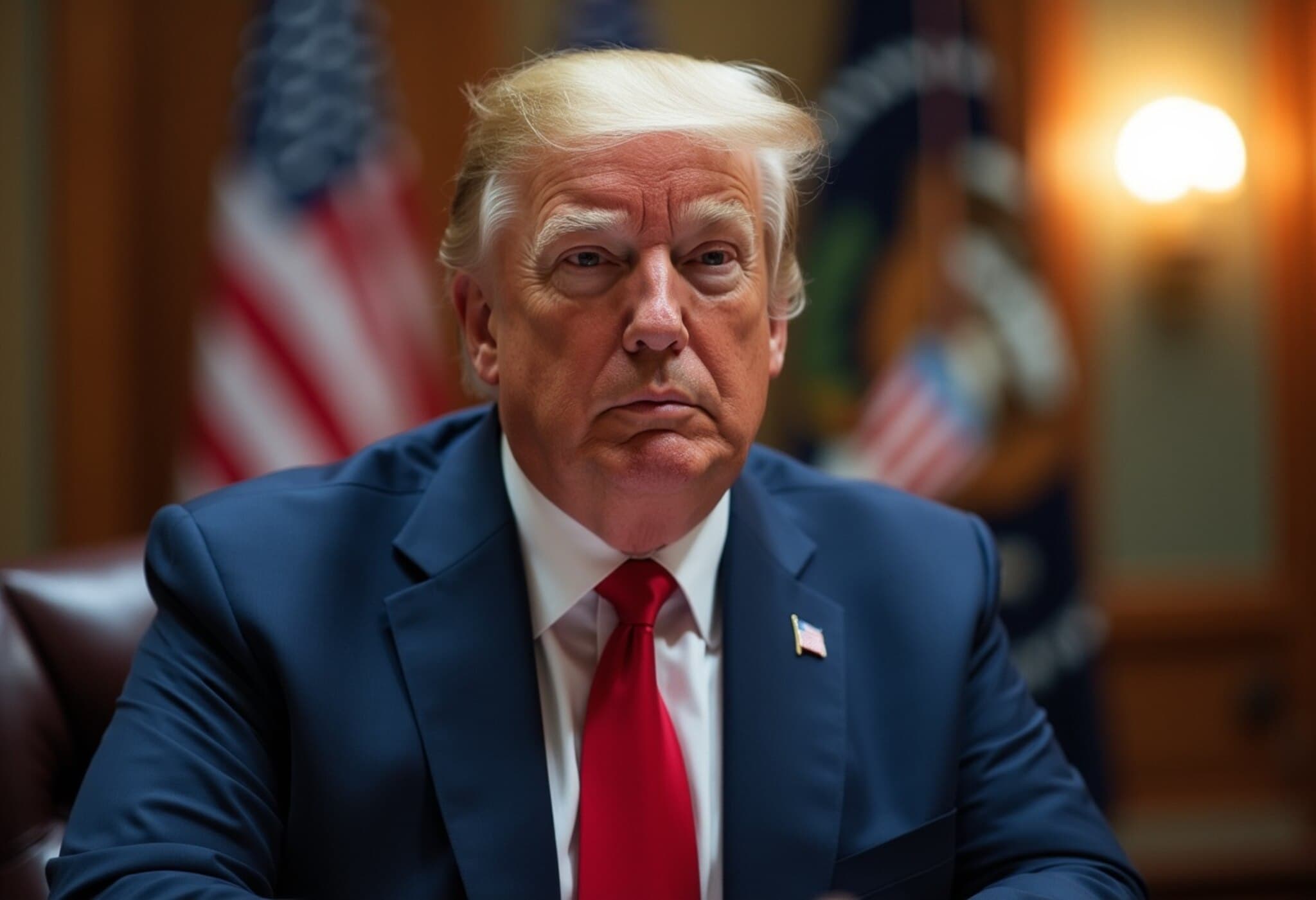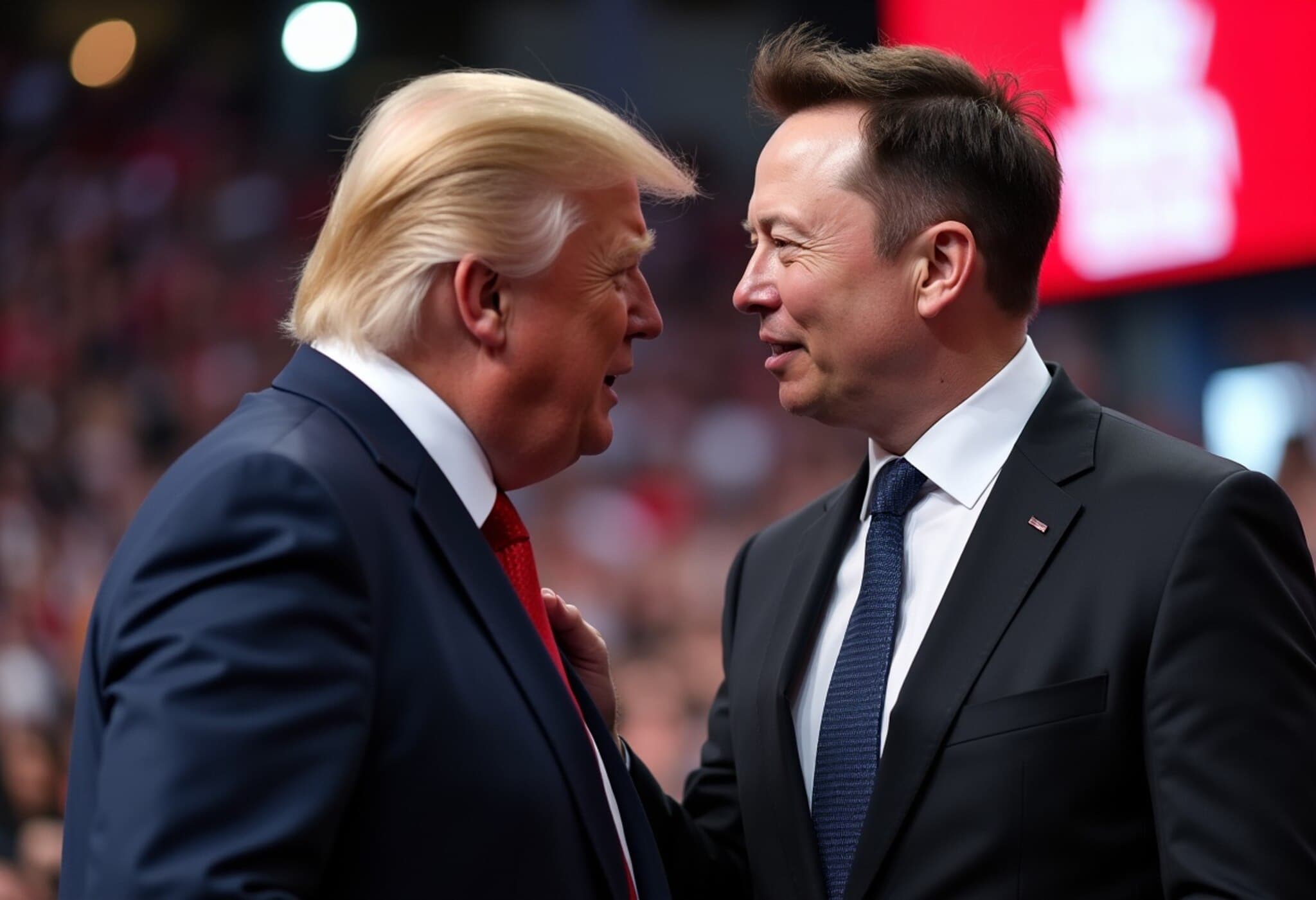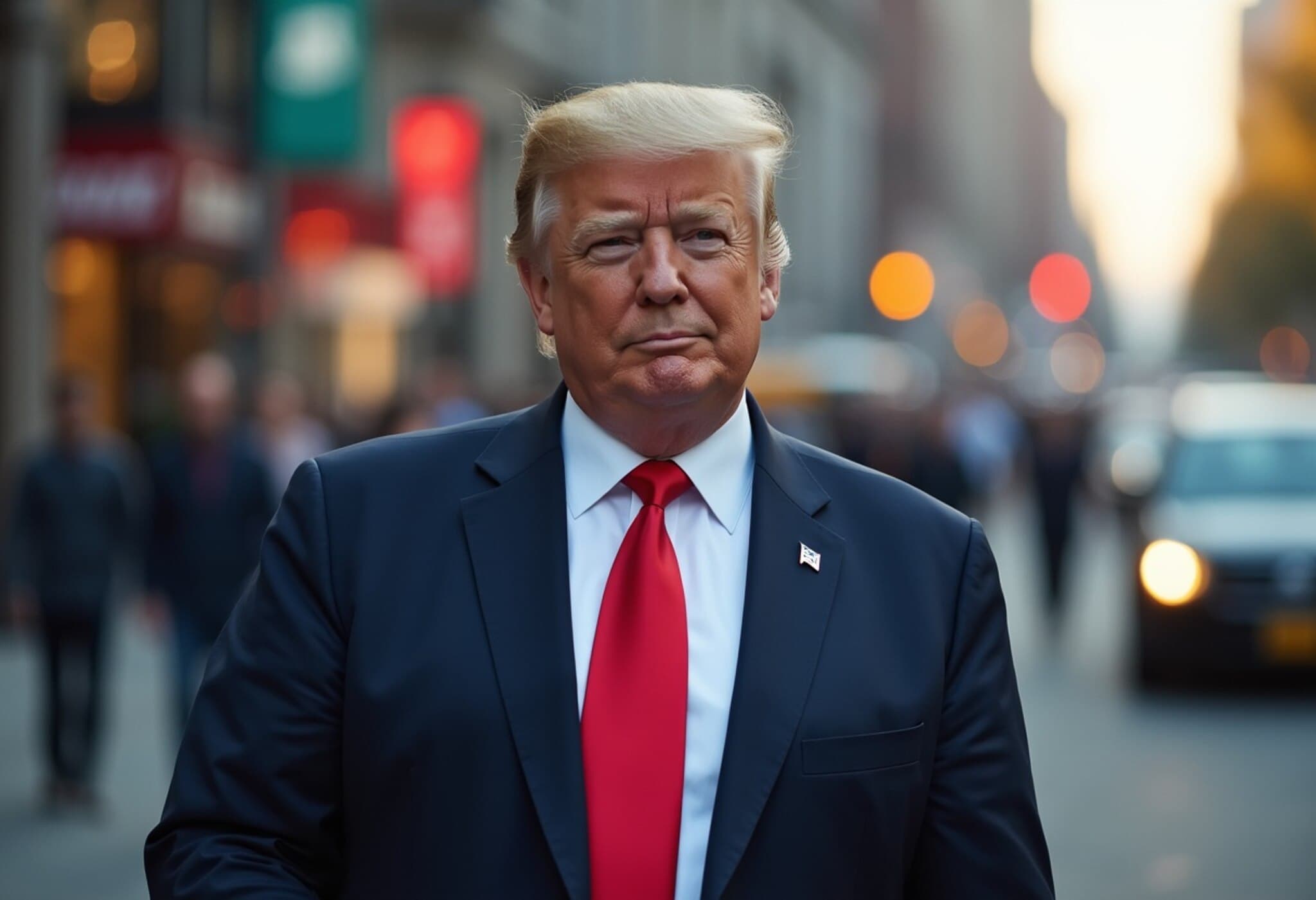Elon Musk Forms New Political Party Amid Rising Global Economic Tensions
As the world marked another Independence Day in the United States this past weekend, Elon Musk—known not just as the world’s wealthiest individual but also for his ambitions beyond technology—made headlines by founding a new political entity called the "American Party." This move signals Musk’s bold entrance into the political arena, asserting a form of ideological independence from established U.S. political structures.
From Space Colonies to Capitol Hill: Musk’s Political Leap
While many individuals channel personal transformations through more common avenues like self-care or new hobbies, Musk’s response has been uniquely dramatic: launching a political party focused on targeting a selective number of legislative seats—"just 2 or 3 Senate seats and 8 to 10 House districts." His approach underscores the deep polarization and fragmentation within American politics, where even billionaires see value in carving out new platforms rather than working within traditional party lines.
This initiative stemmed in part from a public poll on Musk’s social platform X (formerly Twitter), where nearly two-thirds of participants supported the idea. This direct democracy-like experiment illustrates a growing desire among some voters for alternatives to the entrenched bipartisan system.
Global Economic Developments: Tariffs, Markets, and Energy Output
Tariffs on the Horizon: Impact on BRICS-Aligned Nations
President Donald Trump confirmed that new tariffs are set to take effect on August 1, targeting nations aligned with the BRICS coalition. This strategic economic maneuver aims to incentivize countries to reconsider their international trade alliances, intensifying the ongoing global trade competition. While the administration continues to extend certain deal negotiations, the looming imposition of tariffs reflects rising protectionist trends and may lead to increased volatility in international markets.
Market Reactions: Stocks and Oil Amid Uncertainty
- Stock Futures Dip: U.S. stock futures and Asian markets experienced losses early Monday, spurred by investor concerns over tariff escalations and geopolitical uncertainties. Despite the downward pressure, South Korea’s Kospi index managed to eke out a modest gain—a rare bright spot.
- OPEC+ Agrees to Boost Oil Production: In a somewhat unexpected agreement, eight members of the OPEC+ alliance decided to increase oil output, adding roughly 100,000 barrels per day more than initially anticipated. This decision could help stabilize global energy prices amid fluctuating demand and supply tensions.
European Banks and Private Credit: A Mixed Outlook
European banking sectors have been enjoying a strong performance, buoyed by successful investment banking activities and increased deal-making. However, industry analysts caution that this momentum may not sustain throughout the year, citing potential headwinds in the second half.
Meanwhile, private credit—a financing avenue once considered niche for middle-market borrowers—has dramatically expanded its footprint. It now plays a crucial role in funding across private equity, asset-based lending, and even retail investment portfolios. While this growth highlights greater financial innovation and options, experts warn of potential systemic risks if this credit expansion proceeds unchecked.
Expert Insight: The Significance of Musk’s Political Venture and Economic Developments
From a policy analyst’s perspective, Musk’s foray into politics may be seen as a response to voter disenchantment with traditional parties and the complex intersection of technology, governance, and public discourse. Whether his "American Party" will disrupt the political landscape or serve as a symbolic gesture remains to be seen—but it raises provocative questions about the role of billionaire influence in democratic processes.
Economically, the imposition of tariffs aligned with BRICS nations compounds existing tensions within the global trading system, potentially affecting supply chains, inflation, and geopolitical alliances. Investors and policymakers alike must navigate these shifts carefully to avoid unintended consequences.
Summary Box: Key Takeaways
- Elon Musk’s American Party: Represents an ambitious, if uncertain, political experiment reflecting broader U.S. political fragmentation.
- Tariffs to Begin August 1: Targeting BRICS-aligned countries, potentially reshaping trade dynamics.
- Markets Show Mixed Signals: Stock futures decline amid tariff worries; OPEC+ moves to boost oil supply.
- Private Credit Growth Raises Systemic Risk Questions: Expansion outside traditional banking sectors demands regulatory attention.
Editor’s Note
Elon Musk’s political ambitions are more than a curiosity—they underscore a moment when technology moguls are reshaping not just markets but democratic institutions themselves. Simultaneously, economic developments like tariffs and energy output adjustments reveal persistent undercurrents of global tension. Readers should watch these evolving stories closely, as their ripple effects will influence politics, economies, and societies in profound ways.

